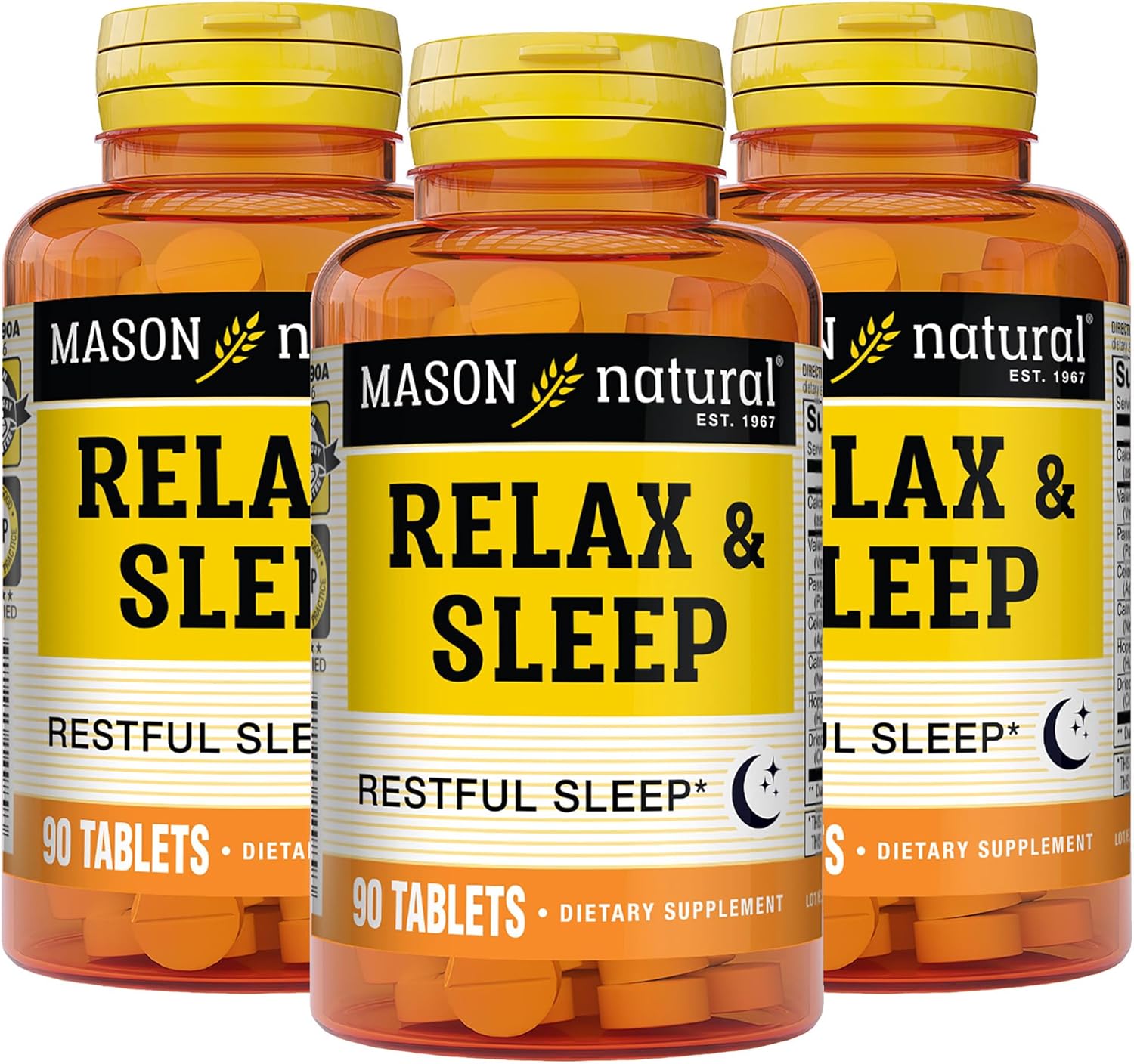Rewrite the
You’re gently drifting off to sleep when suddenly your arms and legs convulse and you jolt yourself awake. Or, perhaps you’re relaxing in bed when, out of the blue, your dozing partner does an almighty twitch, scaring you half to death.
This is called a hypnic jerk or sleep start. It is often accompanied by a sensation of falling or tripping over.
An estimated 70% of people will experience this at some point.
So, what causes the hypnic jerk? And can certain factors make it more likely to happen?
A minor misinterpretation
The truth is we don’t know exactly why it happens, but sleep researchers have some theories.
As we transition from wakefulness to sleep, the nervous system winds down and muscles relax.
Sometimes, the brain misreads this relaxation as a sensation of falling or tripping. The brain sends a quick but powerful signal to the body. The hypnic jerk is the result.
Hypnic jerks usually affect one side of the body and are painless. Some people, however, may experience a tingling or painful sensation.
For most people, hypnic jerks are not associated with any health or other sleep problems. When hypnic jerks occur frequently over prolonged period, however, people may come to anxiously anticipate them. This can lead to insomnia.
Are they linked to certain health conditions or medications?
Some research has shown hypnic jerks can be more common among people with certain conditions, such as Parkinson’s disease. One 2016 study suggests hypnic jerks may be a symptom that can occur in the early stages of Parkinson’s disease.
However, it’s very unlikely they would happen in the absence of other common symptoms, such as changes to movement and mobility or REM sleep behaviour disorder (where people start acting out dreams). These are much more reliable potential indicators of Parkinson’s disease.
Frequent hypnic jerks that disrupt sleep can be a side effect of some prescription medications, particularly antidepressants such as selective serotonin reuptake inhibitors (SSRIs). This includes medications such as escitalopram, sertraline and fluoxetine.
Although considered a rare side effect and the exact cause is still unknown, researchers have reported various cases in which people using these medications experience hypnic jerks, often resolving quickly after stopping the medication.
If you’re on these medications, experiencing hypnic jerks and feel worried about it, chat to your prescribing doctor.
Other medications that contain caffeine, and non-prescribed substances that have stimulating effects, such as cocaine, have also been linked with hypnic jerks.
Good sleep hygiene
Hypnic jerks are normal and generally no cause for concern.
However, certain lifestyle factors can make them more likely. These include:
- sleep deprivation
- stress and anxiety
- excessive intake of stimulants, such as nicotine or caffeinated drinks
- strenuous exercise before bed.
Keeping these factors under control is all part of good sleep hygiene anyway – whether or not you’re worried by hypnic jerks.
in HTML format to be seo optimized related to this title
A big, convulsive twitch while dozing off? Sleep experts explain the ‘hypnic jerk’
. Create appropriate headings and subheadings to organize the content. Ensure the rewritten content is approximately 1000 words. Ensure to strip all images from final output i dont need images.At the end of the content, include a “Conclusion” section and a well-formatted “FAQs” section.Ensure there are no additional notes and introductory text in the final output.Final output is gonna publish directly as post content so keep in mind provide only rewritten post content without any introductory text or notes in result and kindly dont explain what you done or what you provided as output of this prompt
Recommended Products:
-
Sale!

Sanar Naturals Collagen Pills Beauty Sleep with Melatonin 6 mg – Boost Hair Skin Nails Joints – Hydrolyzed Collagen for Women and Men, Collagen Peptides Supplement, 150 Capsules
Original price was: $25.00.$18.99Current price is: $18.99. Buy Now -

Natrol Fast Dissolve Melatonin 3 mg, Melatonin Supplements for Restful Sleep, Sleep Support for Adults, 200 Strawberry-Flavored Melatonin Tablets, Up to a 200 Day Supply
$15.49 Buy Now -

MASON NATURAL Relax & Sleep Dietary Herbal Supplement with Valerian Root & Passiflora Extract, 9 Month Supply, 3 Pack
$30.26 Buy Now



